As part of efforts to empower young girls with the skills, confidence, and support system they need to thrive in school and beyond, the Connected Development (CODE), with the support of the Malala Fund, has officially launched a Girls’ Mentorship Program in Bauchi State.
Speaking during a press conference at the official launching of a Baseline Survey and NomTrac Tool that held at the Sulgad Hotel in Bauchi, the Malala Fund Partnership Manager, Maryam Danburam, stated that program is being piloted across four schools in four Local Government Areas (LGAs), where each school has been assigned a dedicated female mentor to guide and inspire a group of five girls.
She said that 20 young girls have now been paired with five remarkable mentors who will walk closely with them on a journey of personal growth, advocacy, and leadership, adding that the mentorship programme aims to give girls the skills they need to believe in themselves and advocate for their right to a high-quality education.
“The girls will be mentored on digital skills, social skills, health, and life skills, all designed to prepare them to stand as strong advocates for girls’ education in their schools and communities.
“To make this possible, CODE has developed a comprehensive mentorship curriculum, available in both English and Hausa, as well as a mentorship workbook filled with practical activities to reinforce learning. These resources are tailored to ensure that every girl regardless of language or background has the opportunity to engage meaningfully”
“Beyond mentorship, the program is breaking new ground by introducing digital learning devices provided to each girl. These devices are preloaded with rich educational content, including an animated learning series and other interactive materials, designed to make learning fun, engaging, and accessible. With these devices, girls can continue to learn at their own pace, strengthen their digital literacy, and gain access to knowledge that extends far beyond the classroom” She said
Speaking earlier, Hamzat Lawal, Chief Executive of CODE, said that the formal launching and adoption of tools have the power to transform education outcomes for girls across Bauchi State, adding that the initiative, led by Connected Development with the support of Malala Fund, is not just another project, but a statement of intent; that Bauchi State is ready to embrace transparency, accountability, and gender-responsive planning as the foundation for sustainable educational progress.
“The Baseline Survey Report on Transparency and Accountability Systems is more than a diagnostic tool, it is a clear reflection of our current reality., it tells us where the gaps are and offers a solid evidence base for the reforms we must undertake. By grounding our decisions in data, we can ensure that every naira allocated to education works harder for the children it is meant to serve, especially girls, who have historically been left behind”
“The Gender-Responsive Education Sector Planning (GRESP) Roadmap is our compass. It provides a clear, actionable framework that aligns Bauchi’s education planning with global best practices. From UNESCO to the Global Partnership for Education, the world recognises that gender-responsive planning is not an optional add-on – it is an essential strategy for equity, quality, and sustainability in education. By adopting this roadmap, Bauchi is sending a clear message that it is not only aware of these best practices — it is committed to leading by example” he said
On her part, the Programs Manager at Connected Development Hyeladzira James Mshelia noted that for education to truly deliver on its promise as a pathway to a gender-just world, both girls and boys must benefit equally, stressing that countries that prioritize gender equality in education enjoy powerful dividends, stronger economies, healthier communities, sustainable development, and lasting peace.
According to her, Sustainable Development Goal 4 goes beyond getting children into classrooms, rather it calls for inclusive and equitable quality education for all, with gender equality at the heart of planning and policy, stressing that Gender-Responsive Education Sector Planning (GRESP) is a proven approach to achieve this — ensuring that education systems actively remove barriers and meet the needs of girls and other marginalized groups.
“Nigeria began its GRESP journey in 2019 with support from UNGEI, the Global Partnership for Education, and UNICEF, training states like Jigawa, Kaduna, Katsina, Kano, and Sokoto in gender analysis for education planning. Now, Bauchi must take the next step — aligning with the National Education Policy and the National Policy on Gender in Basic Education (2007), which focuses on increasing girls’ participation”
“But what is the Situation in Bauchi State, Bauchi is one of Nigeria’s most educationally disadvantaged states. While the state government has placed education at the top of its budget priorities — allocating over ₦40 billion across sectors.
“Significant challenges remains to include Infrastructure gaps, High dropout rates for girls, driven by poverty, early marriage, cultural norms, and poor learning environments, Low enrollment and completion of over 538,000 school-age children (12–14 years), nearly half are girls, yet many never enroll or complete school, teacher quality concerns where 25% of teachers are unqualified, and only 31% are women, limiting female role models for girls and Gender-blind policies that fail to address the specific barriers faced by girls and other marginalized learners” She said
Share this post
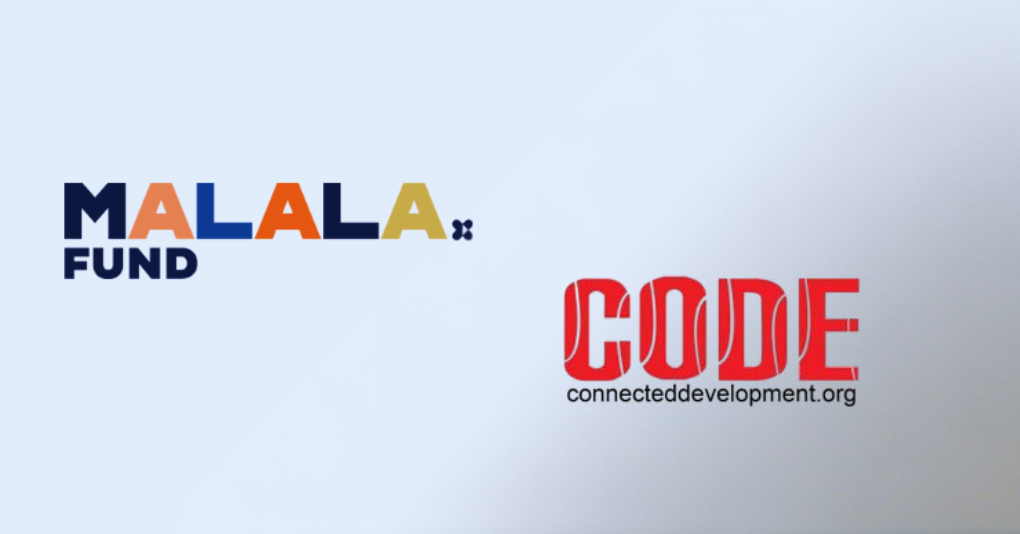
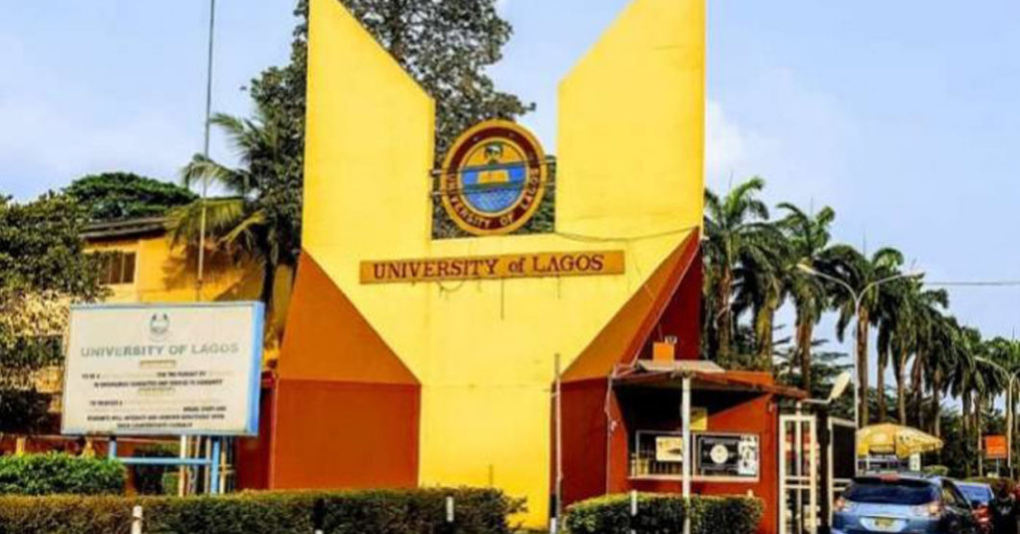
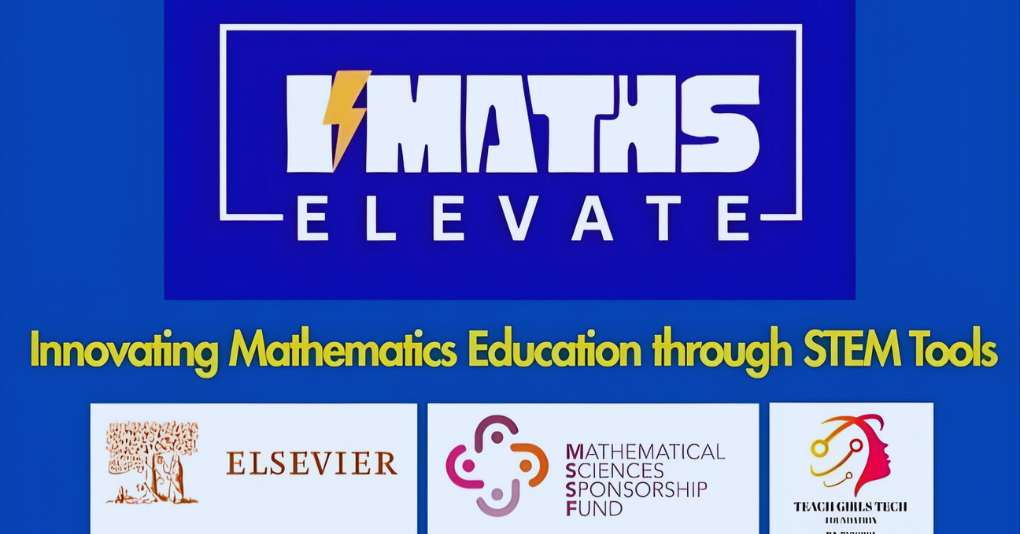
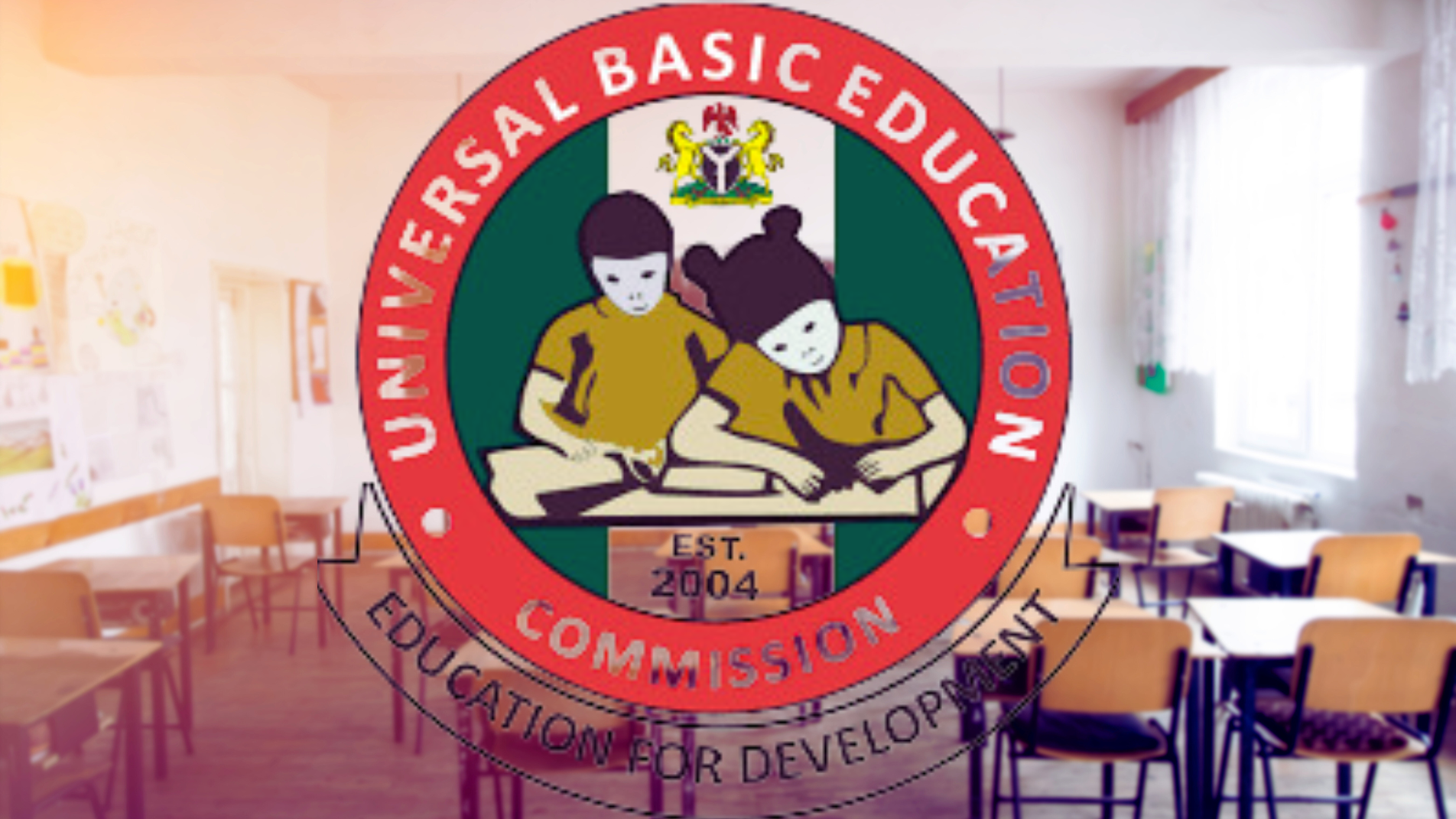
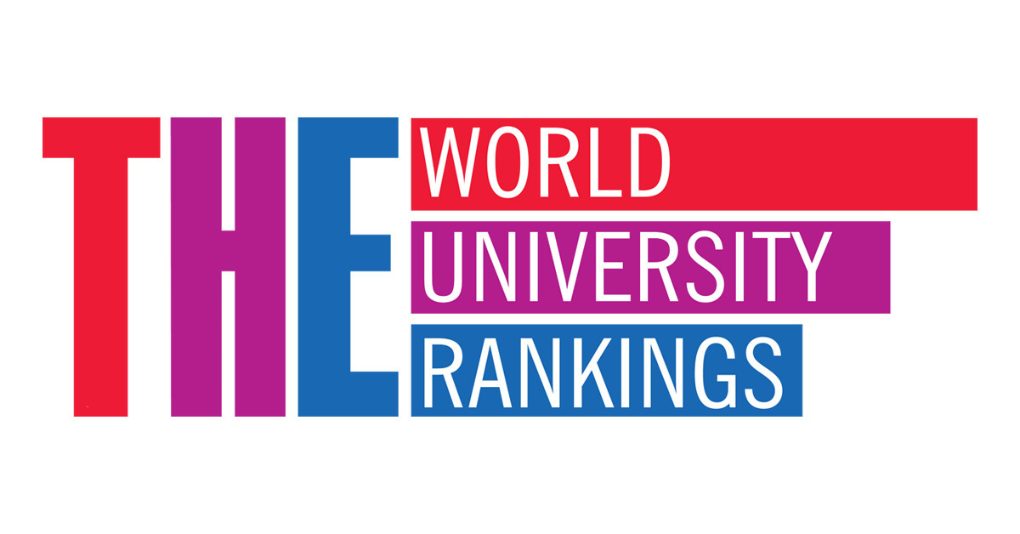
Be the first to comment on this post